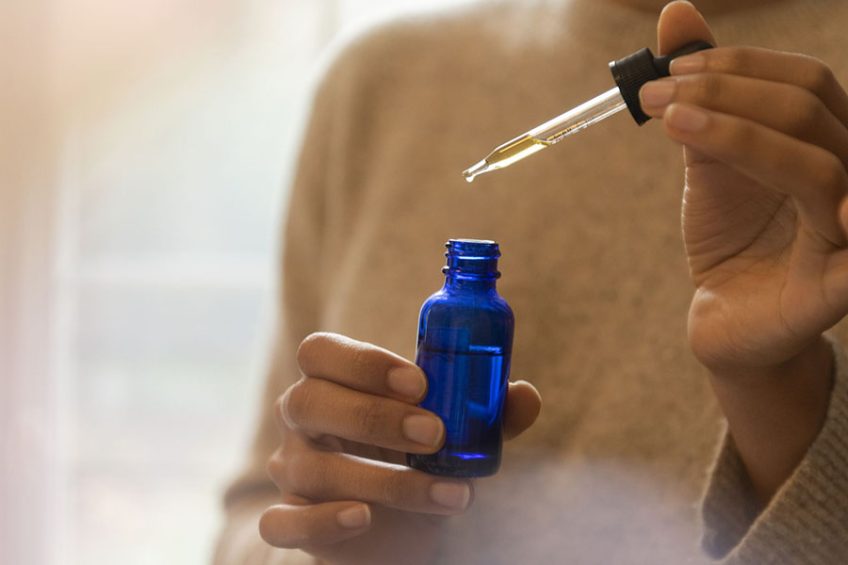Essential oils are made from various parts of plants, including roots, stems, leaves, flowers or fruits. These essential oils are used for both healing and aromatherapy.
Essential oils can be helpful in treating conditions that cause chronic pain, such as rheumatoid arthritis. This form of arthritis is an autoimmune disease that causes your immune system to attack your joints. Rheumatoid arthritis causes inflammation in the tissues of the joints, pain and swelling of the joints. If left untreated, rheumatoid arthritis can cause irreversible damage to the joints and cartilage.
CONTENT:
- Eucalyptus essential oil
- Orange essential oil
- Turmeric essential oil
- Ginger essential oil
- Incense essential oil
Eucalyptus essential oil
This oil has many analgesic and anti-inflammatory properties. Eucalyptus oil can also improve blood circulation. In a 2013 study, researchers evaluated the effects of eucalyptus aromatherapy on pain management as a result of total knee replacement surgery. The study concluded that inhaling eucalyptus oil can significantly reduce inflammation, pain and blood pressure following this surgical procedure.
How to use it:
If you have rheumatoid arthritis, you can apply this diluted oil or a eucalyptus-based gel locally (on the affected area) to reduce inflammation and relieve pain.
Orange essential oil
These delicious fruits produce a strong essential oil, which has antiseptic, anti-inflammatory and antidepressant properties.
A 2017 study evaluated the effects of aromatherapy with orange essential oil on patients with pain in fractured limbs. Patients who inhaled the orange essential oil noticed a significant decrease in pain compared to those who did not use this oil, and researchers believe that it is beneficial as a complementary therapy.
How to use it:
You can also massage the areas affected by rheumatoid arthritis with previously diluted orange essential oil. You can massage the skin over the areas you miss to reduce pain if you suffer from arthritis.
Also, consider this trick: add a little orange essential oil (diluted before) in the bath water, if you want to take a bath, to enjoy its calming effect and to reduce pain throughout the body.
Turmeric essential oil
Turmeric is also a good healing agent. It contains curcumin, an active compound that is anti-inflammatory. As an essential oil, turmeric can be used to reduce inflammation, writes healthline.com, to stimulate blood circulation and improve digestion.
How to use it:
To treat rheumatoid arthritis, you can apply local turmeric oil on the affected area, or you can leave it in a diffuser for essential oils, where it will spread its aroma in the air.
Ginger essential oil
Ginger is a famous healing ingredient, used both for its anti-inflammatory properties and for the visible effects in relieving pain.
A 2001 study evaluated the analgesic effects of ginger on joint pain and knee pain in patients with osteoarthritis. More than half of the study participants reduced their knee pain using ginger extract compared to people who used a placebo. At the same time, participants used fewer medications over time to treat their joint pain.
How to use it:
To use ginger oil for pain caused by rheumatoid arthritis, you can apply a few drops locally on the affected area. To emphasize the benefits, use a warm or hot compress after massaging the area with this oil.
Incense essential oil
Incense is a dry and hardened resin that comes from some species of shrubs of the genus Boswellia. By heating, incense emits a pleasant smell and has been used for centuries as a perfume, especially due to the smell. It is also known for its antiseptic, regenerative and anti-inflammatory properties.
A 2010 study confirmed that incense is a potential treatment for reducing inflammatory symptoms, especially for symptoms of osteoarthritis (osteoarthritis).
How to use it:
To treat rheumatoid arthritis, apply the incense essential oil (previously diluted) locally on the affected area.


